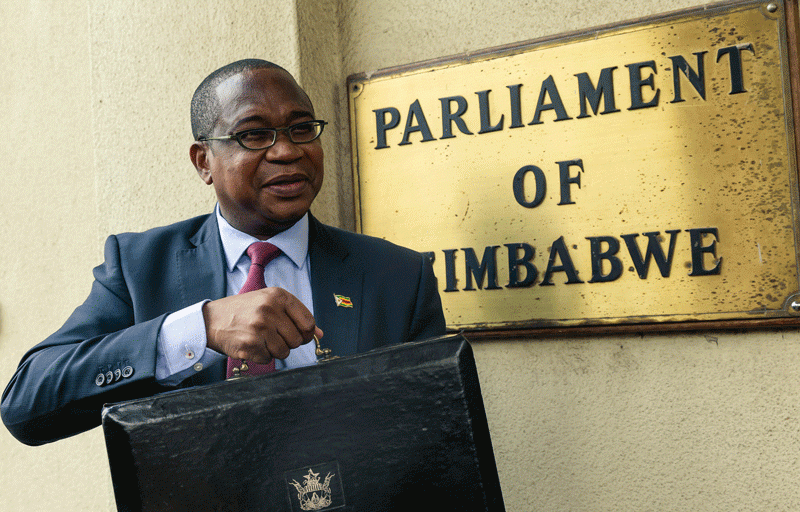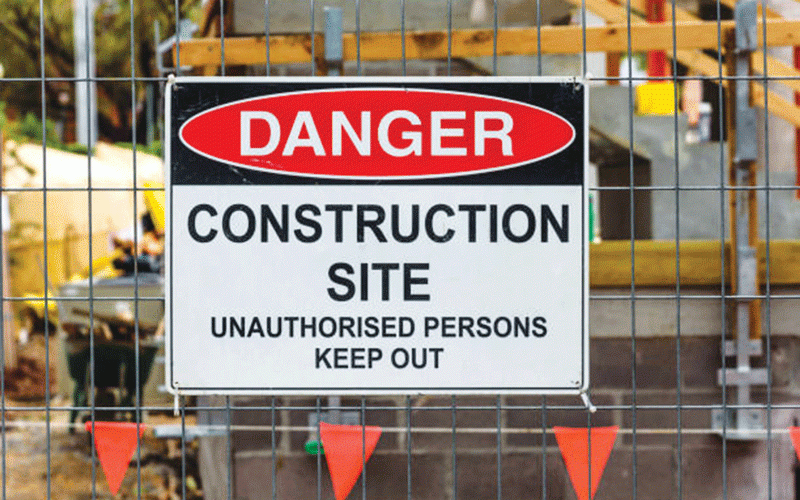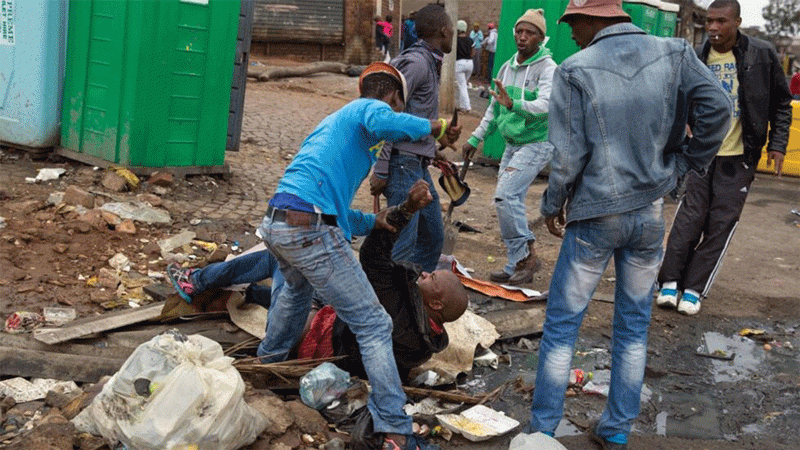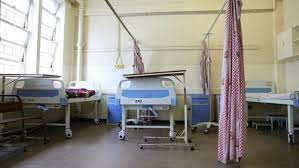
THE year 2022 has been characterised mainly by runaway inflation, deepening poverty, widening inequalities between the rich and the poor; soaring public debt and the climate change crisis — all felt especially by the poor in Zimbabwe.
As a result, expectations from Finance minister Mthuli Ncube’s 2023 budget presentation and President Emmerson Mnangagwa’s State of the Nation Address were directed towards measures that ease the suffering of the poor mass.
Such measures include tax relief, fiscal policy discipline controls and increased social protection systems, among others.
After the fact, we note the positives in both addresses, but it seems that both fail to adequately satisfy the expectations of the poor, raising concerns for the coming year.
A preview of the 2023 National Budget
The 2023 National Budget announced on November 24, 2022 has a total expenditure of $4,5 trillion, which is US$5,6 billion using the parallel market rate of US$1:$800 and US$6,9 billion using the official ruling exchange rate of US$1:$646.
This was against a national anticipation of a US$9 billion national budget if Zimbabwe is to attain an upper-middle class economy by 2030.
An evaluation of the 2023 National Budget shows deep public policy politics and how wholesome populistic policies have undermined optimum resource distribution according to national challenges.
- Zim health system is in intensive care: How it got there
- Measles threat growing
- Take your child for measles vaccination
- Residents cry foul over Ngozi Mine pollution
Keep Reading
As government’s tradition, the security sector has been given a huge allocation despite the fact that Zimbabwe is experiencing both negative and positive peace.
It is rather worrying that the number of war veterans continues to increase from 34 000 in 1997 to 142 000 in 2022.
Despite such increase, what boggles the mind of the citizens is that 142 000 war veterans have been given $46 000 000 000 (US$57,5 million) which is 1% of the total budget, while social protection has been given $50 400 000 000 (US$63 million) which is 1,12% of the total budget.
This is despite the fact that Zimbabwe’s social protection is in a dire situation with 3,8 million rural people facing food starvation and 1,6 million urban starvations, 4,6 million children living with severe acute malnutrition and 4,8 million children in need of Basic Education Module Assistance.
Therefore, if one is to take into account these allocations, it is justifiable to argue the budget is anti-poor, is not inclusive and it disregards the plight of the marginalised and vulnerable citizens.
Of key concern is that Ncube declared a public and publicly guaranteed debt estimated at $2,2 trillion (US$3,4 billion) for domestic debt and US$14 billion for external debt as at end September 2022.
While this figure may be contested, what is concerning is the absence of resolution on how to reduce borrowing and rationalise the existing burden.
It is currently unknown where this money went and a debt audit remains the necessary step. - Zimbabwe Coalition on Debt and Development
Respond to next pandemic now
THE response to the next pandemic must start now. The work to strengthen the response by the world to the next pandemic can’t wait until it hits.
Global health experts refer to Pathogen X as the cause of the next pandemic.
We failed to understand the economic impact of the country’s mitigation strategy.
In response, several countries failed to recognise the lack of trust in Western medicine.
We must do a lot more work on culture, mental health, trauma and gender-based violence.
Environmental surveillance will also be crucial as Pathogen X might be the consequence of climate change or a cross-species jump.
There is need for countries to improve hospital records and for a unique identifier system that will allow access to patients’ records.
We need astute hospital records.
A new pandemic treaty is needed as current legal instruments guiding a global health response are too cumbersome.
Legal instruments available to the World Health Organisation in 2020 called for steps to be created, as well as consultation and verification.
A viral pathogen that moves so fast can’t wait for this process.
In the last pandemic, there was delayed movement. Some countries were swift. Some were tardy. Some undervalued health workers. Some played wait and see. The virus didn’t wait. The virus just ravaged.
The countries that had done better had engaged communities, and made solid investments in their health workforce.
You don’t invest in the health workforce during an outbreak. You invest during peacetime. We have pushed for a pandemic treaty that will hold countries accountable.
Other factors that plagued a successful response to the pandemic included glaring inequities in the distribution of vaccines.
On the positive side, research and development continued at an unprecedented pace as the world battled COVID-19, and the creation of digital platforms have provided something positive to build on for the future. - Estelle Ellis
Govt has a lot to do
MANY people expected recourse from the State of the Nation Adress indicating how the hardening economic conditions, inequality and poverty would be addressed.
We acknowledge the efforts of government first and foremost in the delivery of the New Parliament Building which in itself is an indicator of the commitment to realisation of meaningful infrastructure development.
Furthermore, strides made in health, international re-engagement, service provision and education, among other sectors, have improved indicators. However, we note the gaps below which have a bearing on ensuring wider gains in socio-economic development and justice for all citizens.
Health
The Presidency committed (in 2018) to create an affordable healthcare system and constructing 78 new hospitals.
This indicator has not been achieved and more so, access to healthcare is becoming more expensive, while user fees are now being pegged in United States dollar and incomes remain in the local Zimdollar, which increasingly loses value to the greenback.
This has left the poor exposed and unable to access healthcare.
Infrastructure development
Acknowledging projects delivered and ongoing (e.g. the Robert Gabriel Mugabe International Airport renovation, Beitbridge Border Post and Harare-Masvingo-Beitbridge Highway), the national road network is still poor, especially in rural areas, with some sections going unrepaired for over 25 years.
As a result, lives are still being lost in road traffic accidents, especially during the rainy season. Further, infrastructure goes beyond the prioritised roads as construction of schools, hospitals etc, lags behind.
State-owned enterprises (SOEs)
President Emmerson Mnangagwa stated the importance of SOEs to economic development which is true. However, SOEs remain conduits of corruption and impunity as they continue to impose losses on the fiscus. There is need for rationalisation of SOEs and political will to prosecute the elite in key offices that are benefitting from graft at the expense of the nation.
E-governance
Through the Electronic Transactions and Electronic Commerce Bill, Government seeks to establish a legal framework that facilitates fair, accessible, responsible and sustainable online transacting.
In this regard, we implore the government to also review the cost of transacting online, especially in view of the intermediate money transfer tax or 2% tax which is burdening the poor and informal traders alike.
Recommendations
- Address the ballooning debt burden currently estimated at approximately US$17 billion through a debt audit.
- Put in place measures to maintain monetary and fiscal discipline which includes curbing resource leakages, corruption and illicit financial flows (IFFs).
- Promote access to water, health and education to poor and vulnerable citizens.
- Raise budgetary allocation towards climate adaptation and green projects.
- Create decent jobs and increase access to finance for youth and women-led businesses.
- Revitalise infrastructure in critical sectors such as health, energy, transport, education, agriculture and ICT. - Zimcodd











